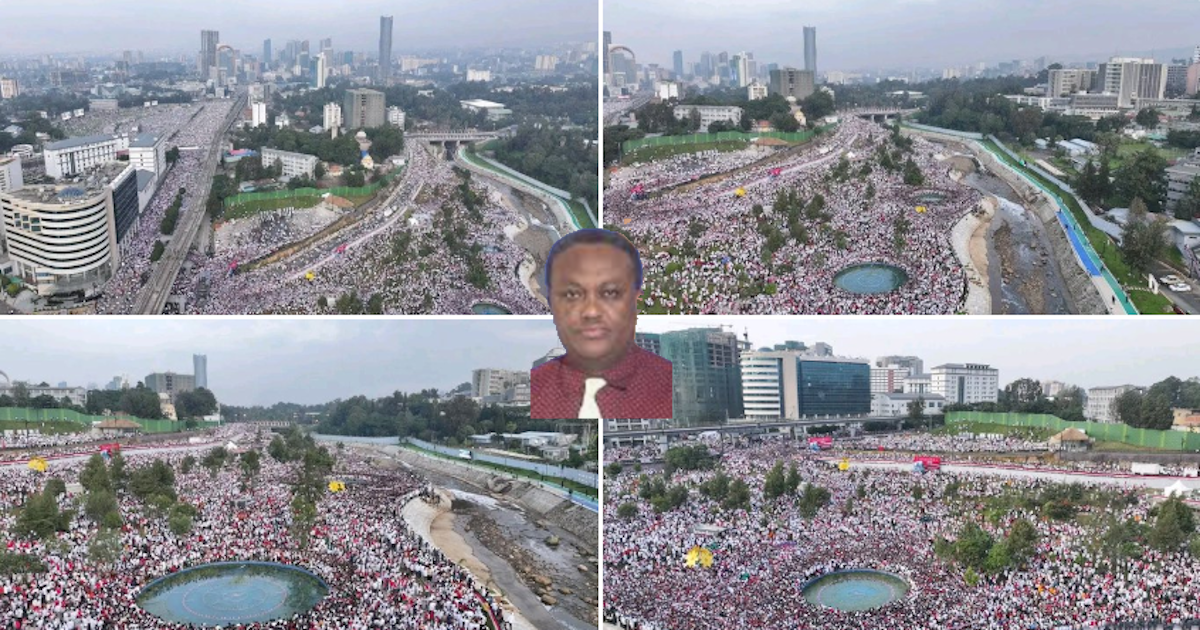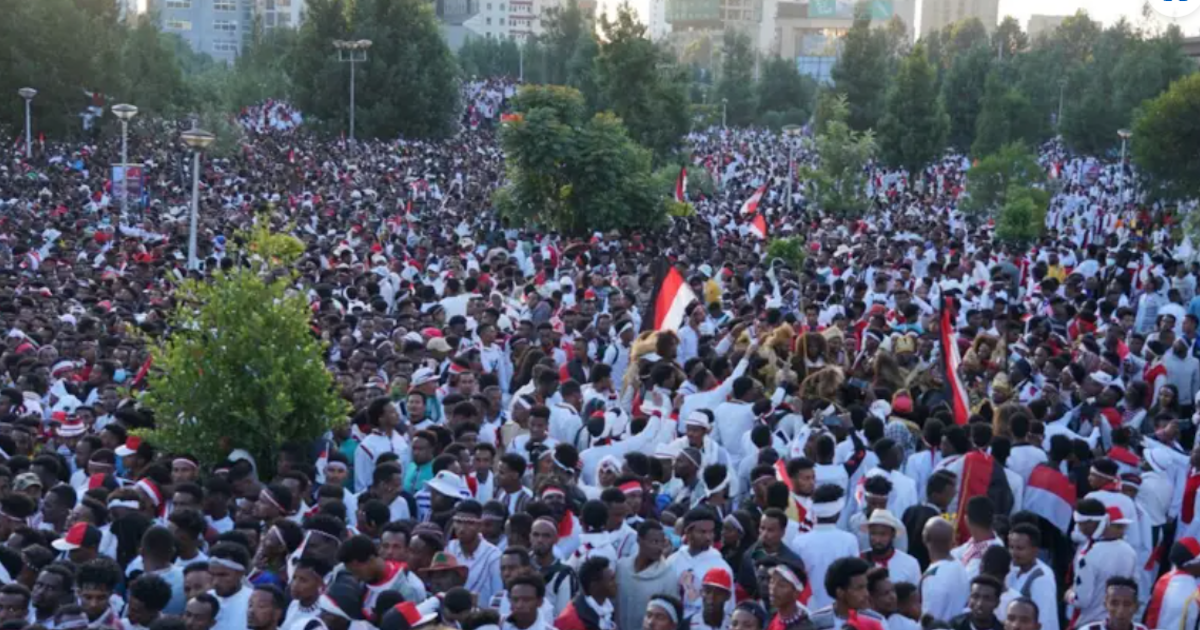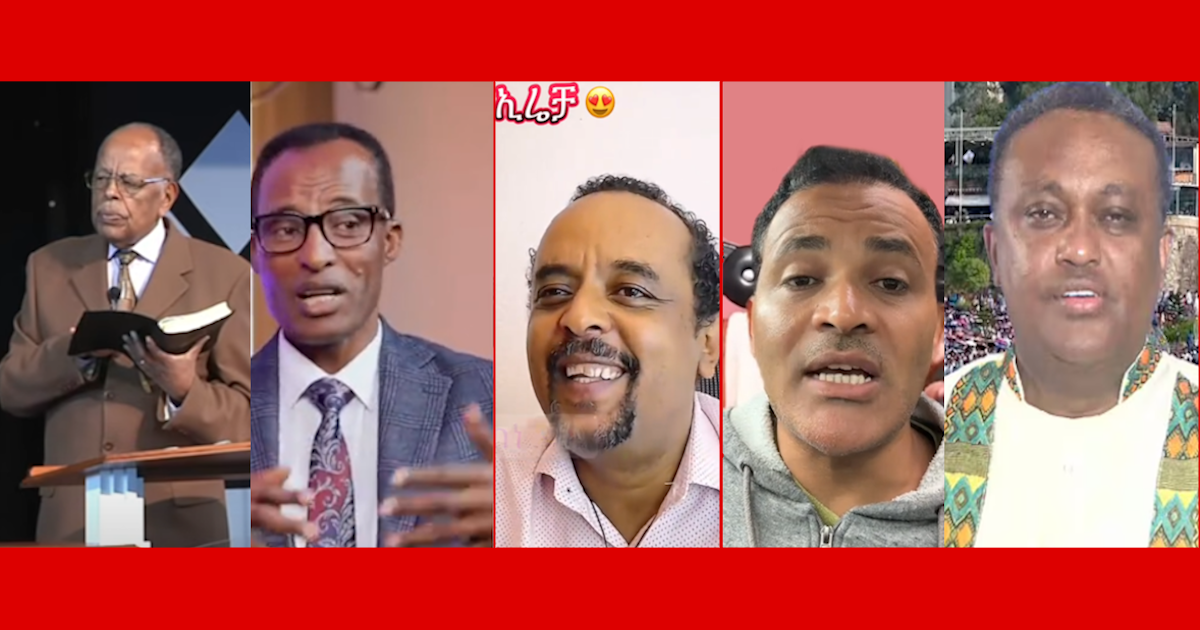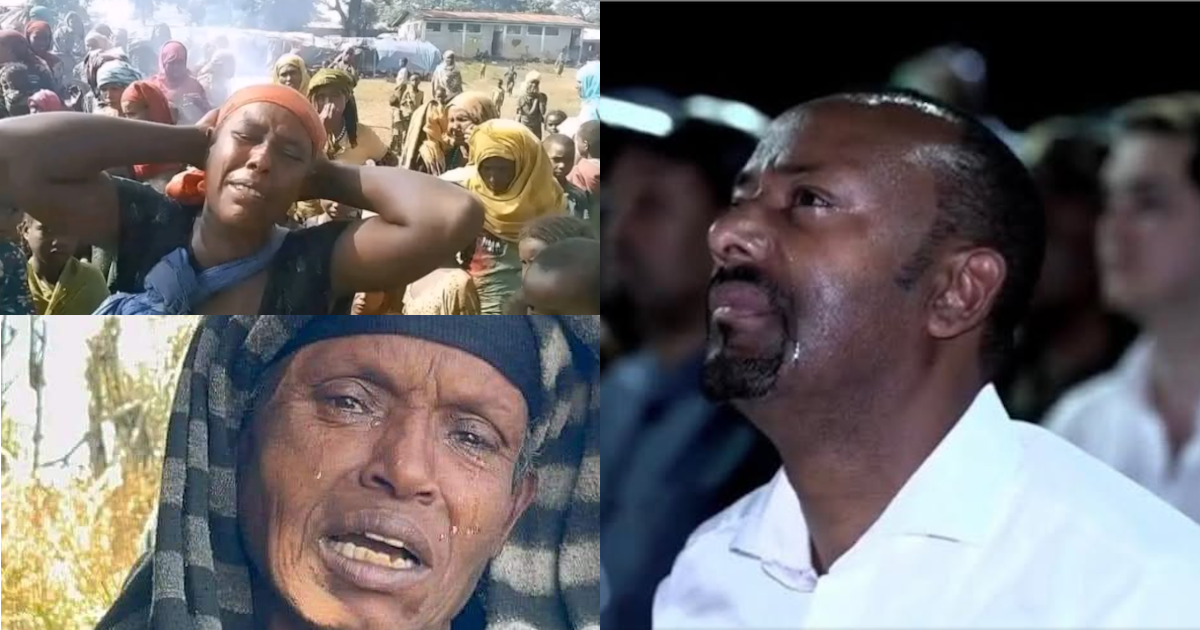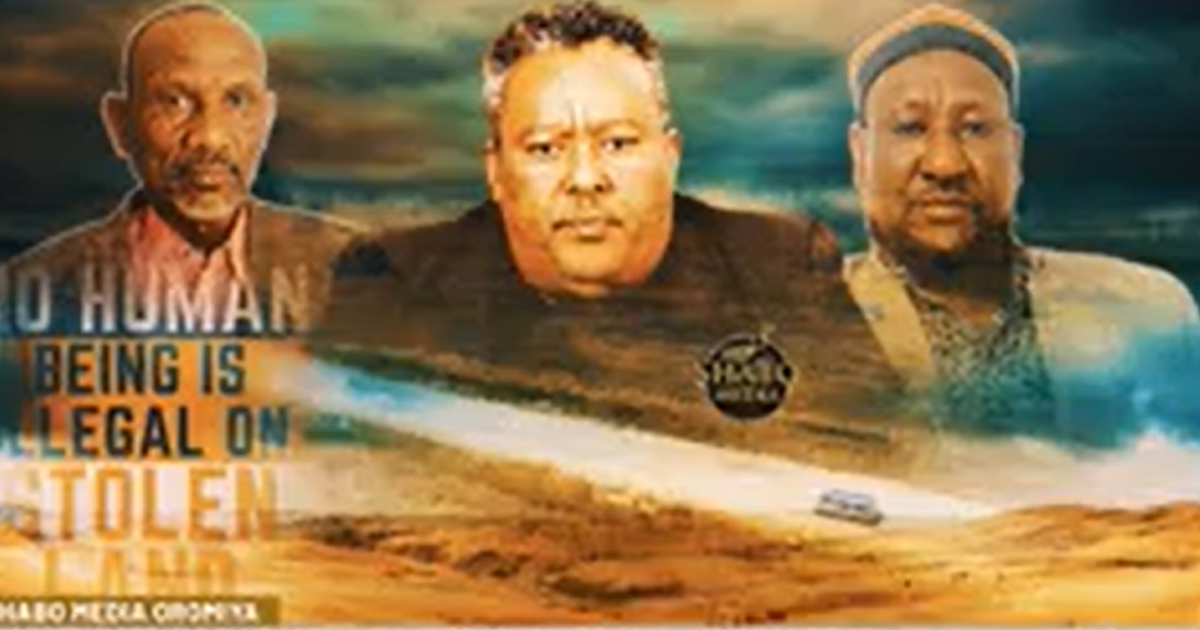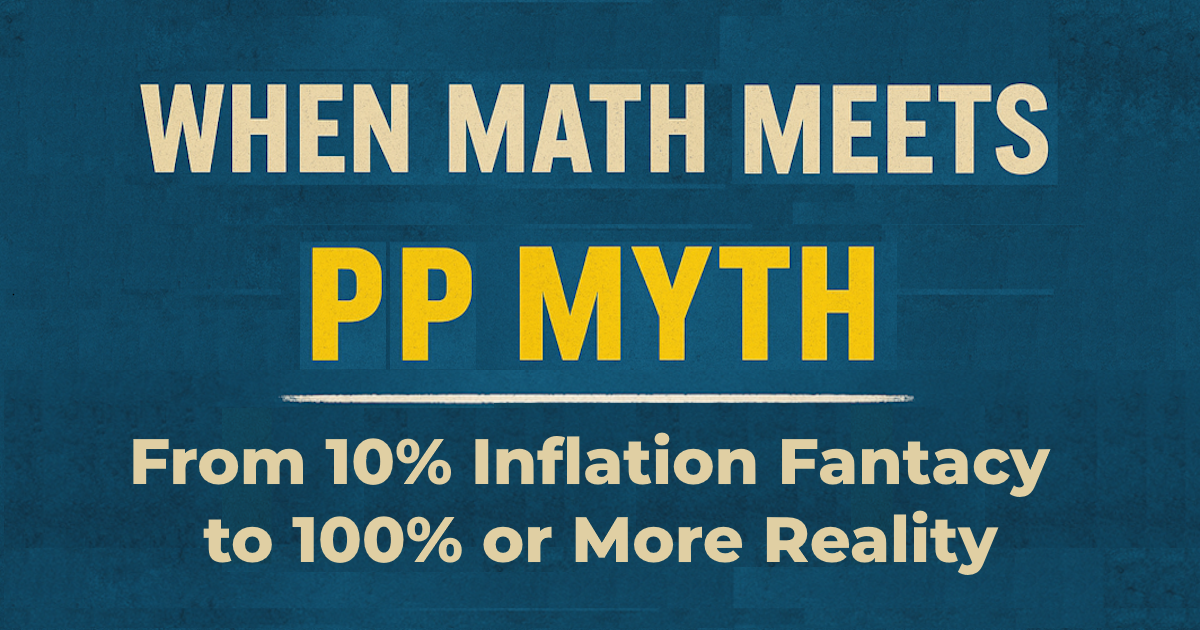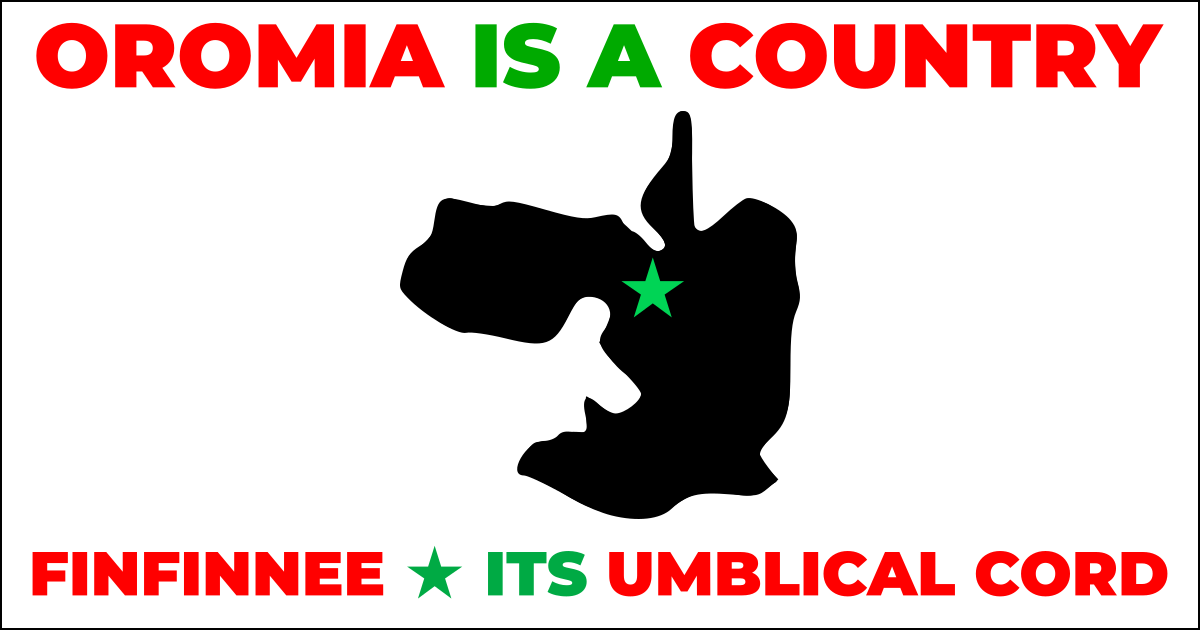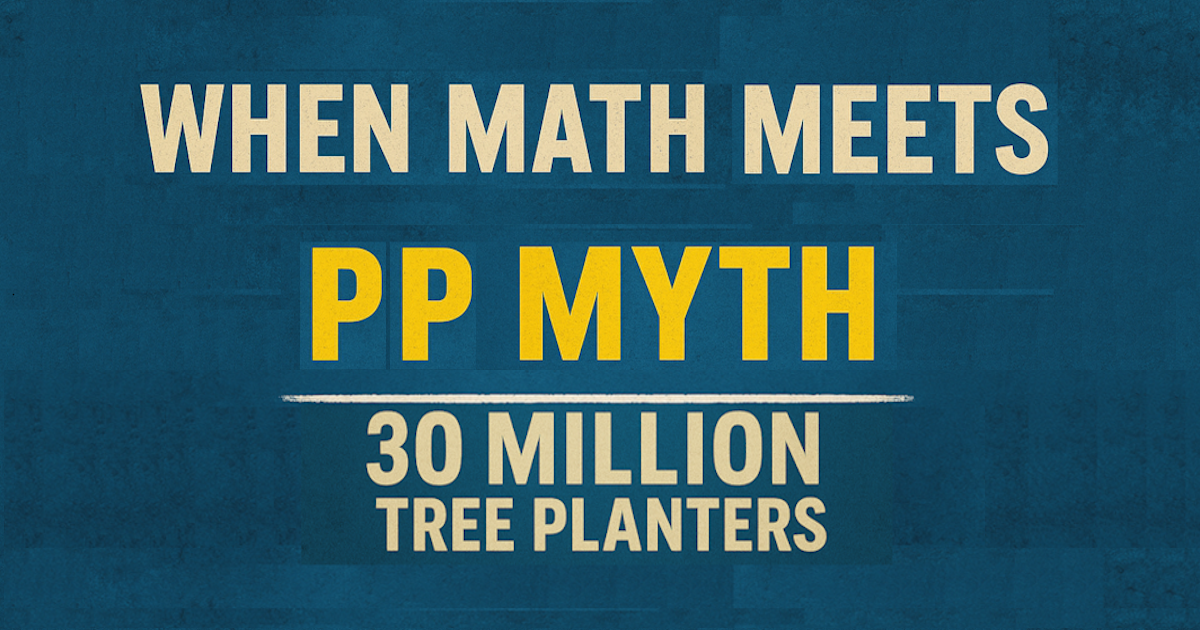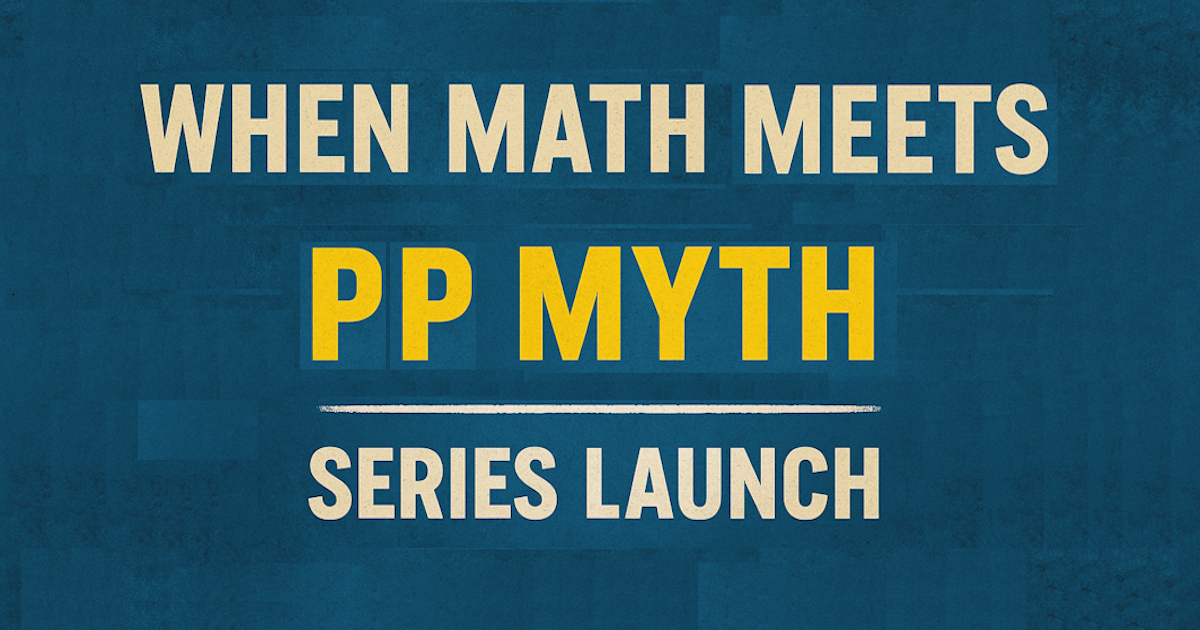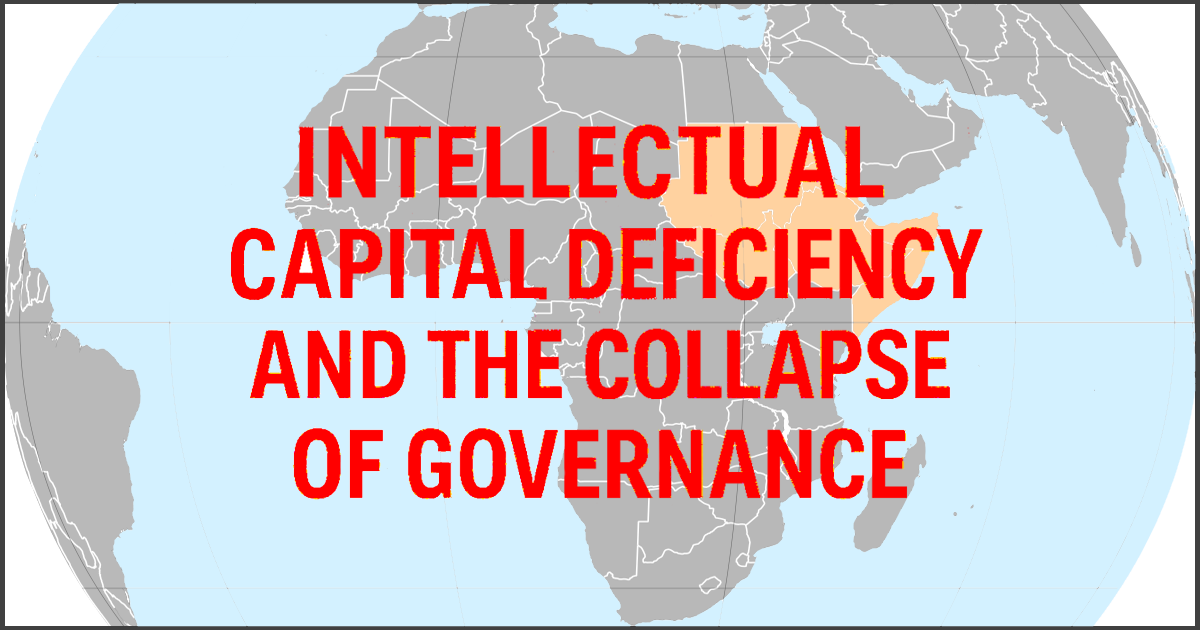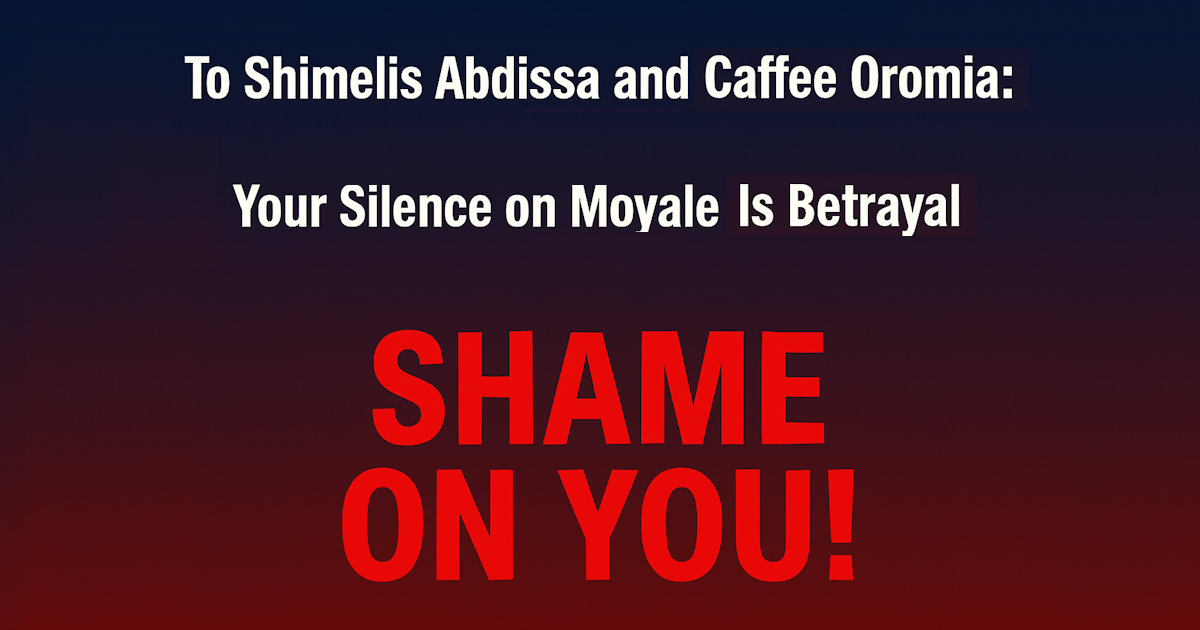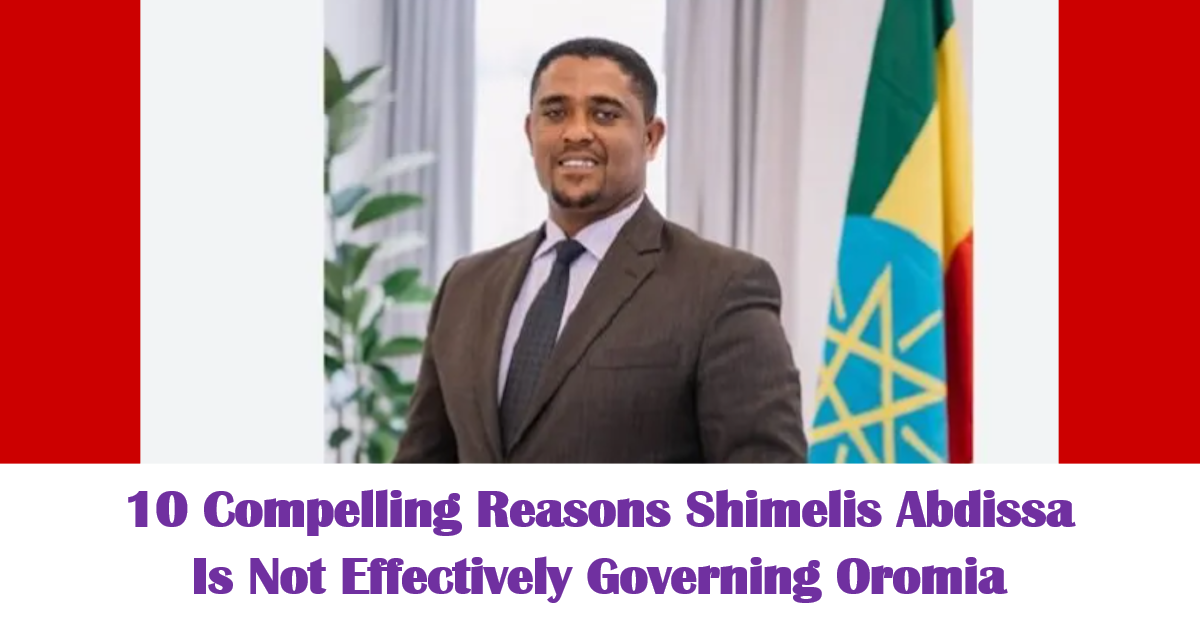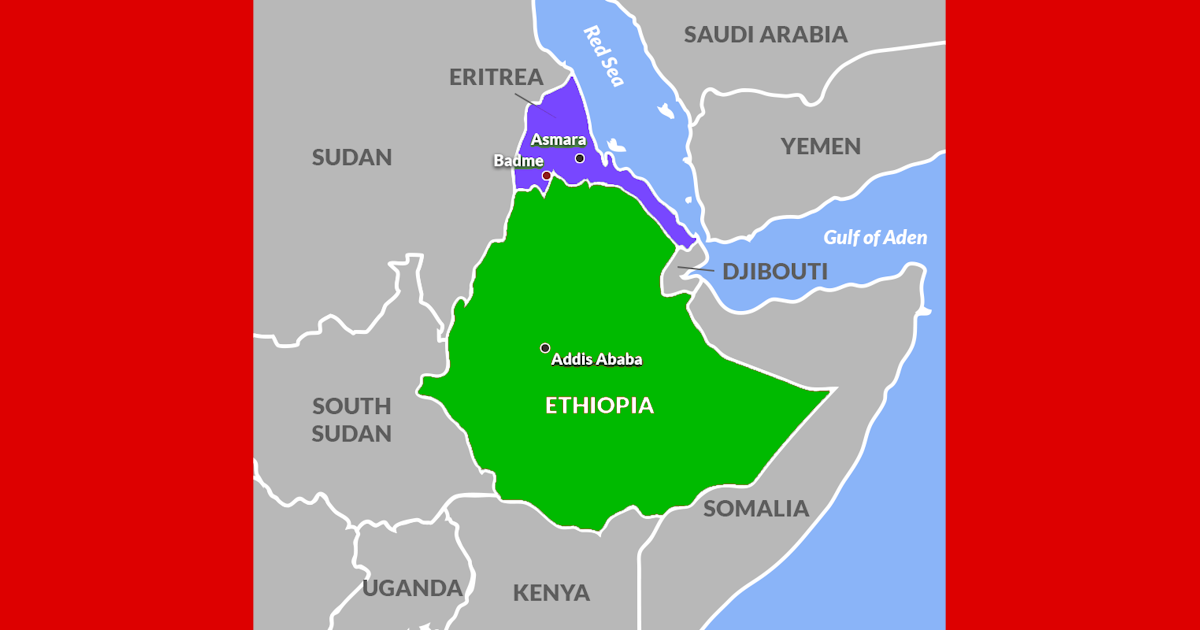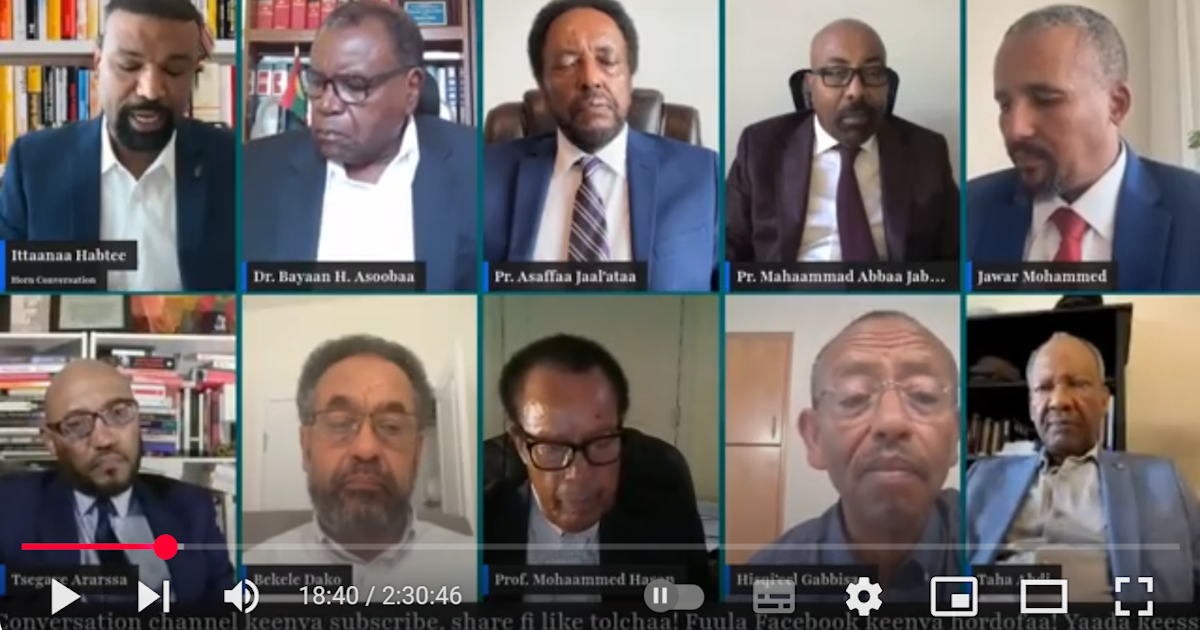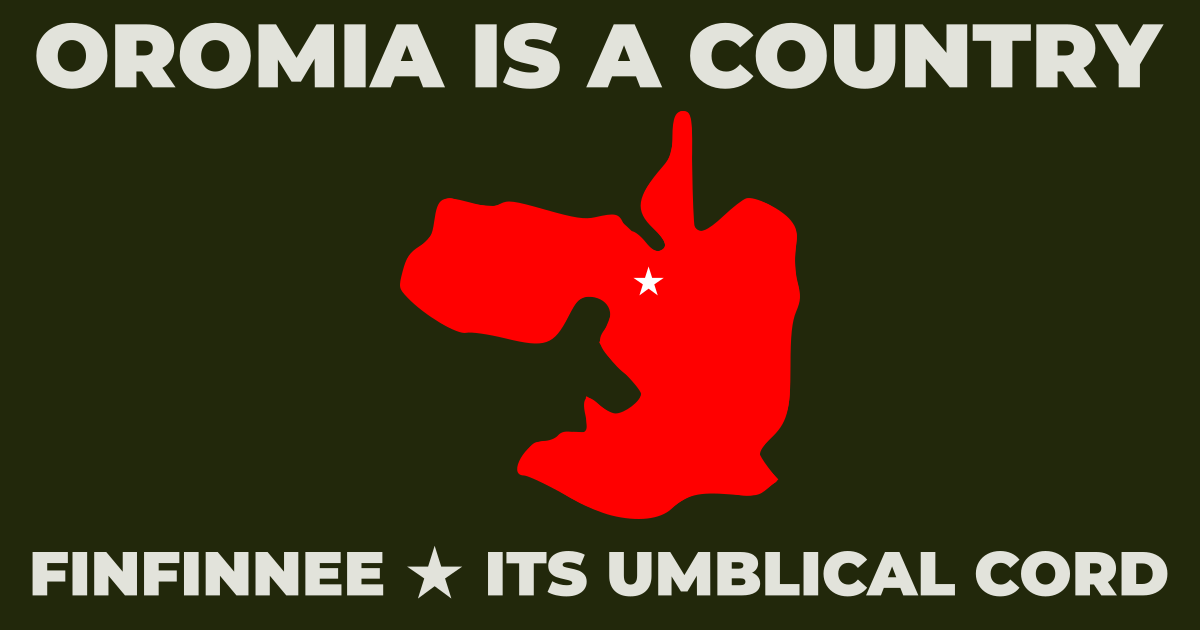The Real Invasion: Setting the Record Straight on Irreechaa in Finfinnee
When Amhara journalist Mesay Mekonnen called the Oromo people’s Irreechaa celebration in Finfinnee an “invasion,” he inverted history itself. Finfinnee was founded through the blood of Tuulama Oromos — victims of the real invasion under Menelik II’s empire. To call their thanksgiving trespass is to mock truth and morality. Irreechaa in Finfinnee is no invasion; it is a people’s dignified reaffirming of the center of their own homeland, culture, and memory.

